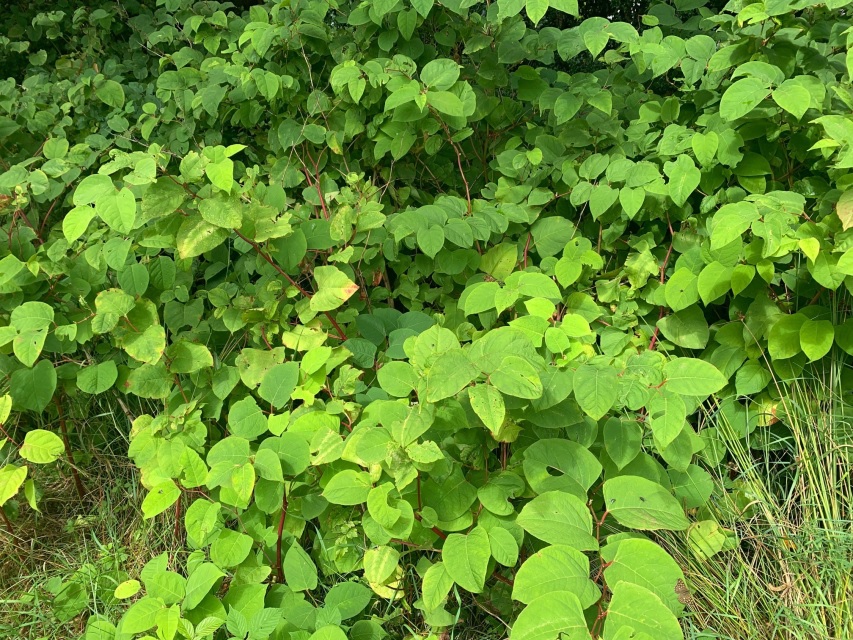
Earlier this year, as thousands were rushing to finalise their property transactions before the end of the stamp duty holiday, several property experts warned people to "be honest" about Japanese knotweed when selling their homes.
Good advice - but it seems that many sellers weren't listening. Property industry magazine The Negotiator reports that Japanese knotweed misrepresentation cases have increased by 25% in the past year, and this rise is apparently "due in part to buyers and sellers rushing transactions to win stamp duty holiday savings".
Why have misrepresentation claims increased?
When you're selling a property, you must fill out a TA6 form. Because Japanese knotweed (Fallopia japonica) has become such a big problem in the UK, the current version of the TA6 form includes a question specifically about this invasive weed:
Is the property affected by Japanese knotweed?
If you are unsure that Japanese knotweed exists above or below ground or whether it has previously
been managed on the property, please indicate this as 'Not known'. If 'No' is chosen as an answer, the seller must be certain that no rhizome (root) is present in the ground of the property, or within 3 metres of the property boundary even if there are no visible signs above ground.
It's been speculated that many sellers - anxious to close the deal ahead of the stamp duty changes that finally came into effect on 30 September 2021 - answered 'No' to keep delays to a minimum.
But answering 'No' without actually checking your property for Japanese knotweed is a terrible idea, because if the new owner finds knotweed on or near the property at some point in the future, they can take legal action.
And that is what appears to be happening now. Sellers concealed the presence of Japanese knotweed on their properties (or at least didn't bother to carry out any checks before ticking 'No') and now there are lots of angry buyers stuck with knotweed-infested properties that may be worth significantly less than what they paid.
Hence the recent uptick in misrepresentation claims.
What should I do if there's Japanese knotweed on my property?
If there's Japanese knotweed on or near your property - and this applies whether or not there exist grounds for legal action - the most important thing is to deal with the plant as soon as possible. Japanese knotweed grows quickly, and you must not allow it to spread from your property into the wild (or into your neighbour's garden, as the case may be).
Here at Taylor Total Weed Control, we offer a selection of Japanese knotweed treatment plans to suit your requirements. We usually recommend several applications of herbicide, followed by a period of monitoring in case the plant reappears - but we can also offer excavation and removal if necessary.
Get in touch now for free, no-obligation advice from our invasive weed experts.
Book a Japanese Knotweed Survey >
